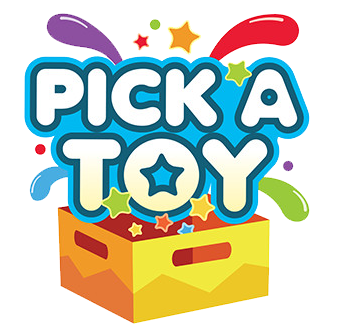Title: The Psychology of Play: Why Playtime is Essential for Kids
Introduction
Playtime is not just a break from learning and growing; it's a vital part of a child's development. Children naturally gravitate toward play, and it's not just because it's fun. Play serves a crucial role in their cognitive, emotional, and social development. In this blog, we'll delve into the psychology of play and explore why it's essential for kids.
The Definition of Play
Play can take many forms, from imaginative games to structured activities. At its core, play is characterized by the following elements:
Intrinsic Motivation: Children engage in play because they want to, not because they have to. It's driven by their innate curiosity and desire to explore the world.
Enjoyment: Play is inherently enjoyable. It brings pleasure and satisfaction, making it an activity that children willingly repeat.
Flexibility: Play is flexible and adaptable. It can take on different forms and evolve as children grow and learn.
The Psychological Benefits of Play
Playtime offers a range of psychological benefits for children:
1. Cognitive Development:
Problem-Solving: Play often involves challenges and problem-solving, helping children develop critical thinking skills.
Creativity: Imaginative play fosters creativity and the ability to think outside the box.
Language Skills: Through role-playing and storytelling, children improve their language and communication skills.
2. Emotional Development:
Emotional Expression: Play provides a safe outlet for children to express and process their emotions.
Empathy: Role-playing and interacting with others during play help children understand and empathize with different perspectives.
3. Social Development:
Cooperation: Playing with others teaches cooperation, negotiation, and the ability to work as a team.
Conflict Resolution: Children learn to resolve conflicts, share, and take turns during group play.
Building Relationships: Play facilitates the development of social bonds and friendships.
4. Self-Regulation:
Self-Control: Children practice self-control and impulse management during play.
Executive Function: Play helps children develop executive function skills, such as planning, organization, and decision-making.
5. Stress Reduction:
Stress Relief: Play is a natural stress reliever, helping children relax and reduce anxiety.
6. Identity Formation:
Sense of Self: Through pretend play and exploration, children form a sense of self-identity and discover their interests and strengths.
The Role of Different Types of Play
Various types of play contribute to different aspects of development:
Physical Play: Activities like running, jumping, and climbing help develop gross motor skills, coordination, and physical fitness.
Imaginative Play: Pretend play encourages creativity, problem-solving, and emotional expression. It allows children to explore different roles and scenarios.
Social Play: Group play, such as games and team sports, promotes social skills, cooperation, and teamwork.
Constructive Play: Building with blocks, Legos, or other materials enhances spatial skills, planning, and problem-solving abilities.
Parental Involvement in Play
Parents play a vital role in facilitating and enriching their child's play experiences:
Provide Opportunities: Offer a variety of toys, materials, and environments that encourage play.
Participate Actively: Join in on playtime, listen to your child's ideas, and engage in their imaginative worlds.
Balance Structured and Unstructured Play: Allow for both structured activities and unstructured, child-directed play.
Create a Safe Space: Ensure the play environment is safe and free from hazards.
Conclusion
Understanding the psychology of play helps us appreciate its significance in a child's life. Playtime is not just a pastime; it's an essential part of childhood that promotes cognitive, emotional, and social development. Encouraging and supporting play allows children to thrive, explore, and develop a strong foundation for lifelong learning and well-being. So, let kids be kids, and let them play – for their growth, happiness, and overall development.
